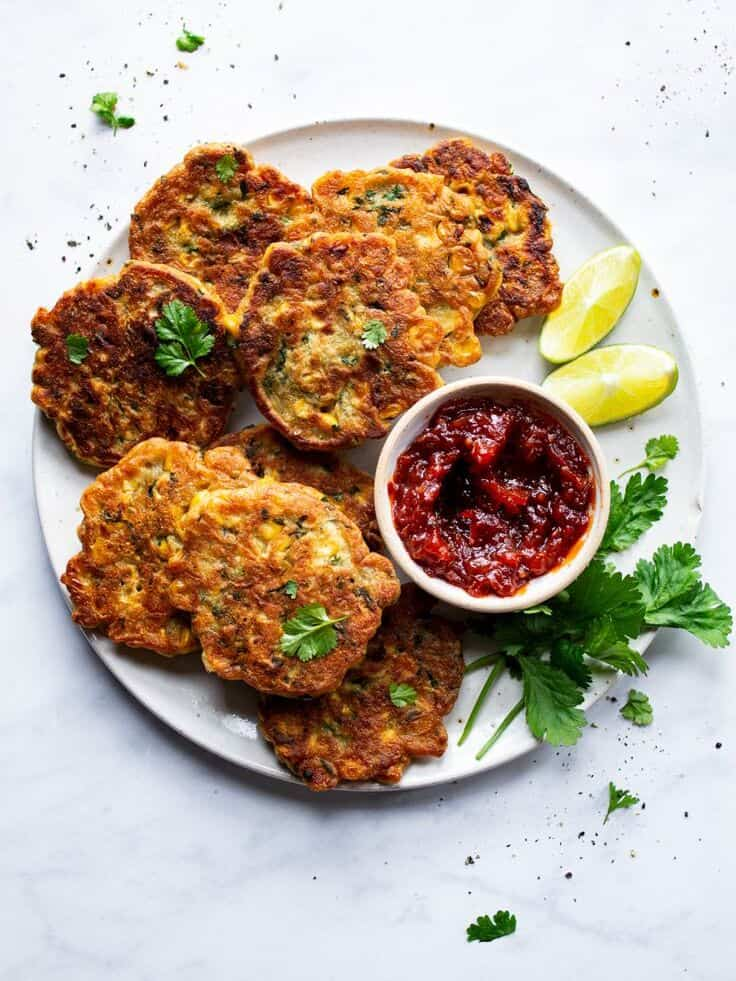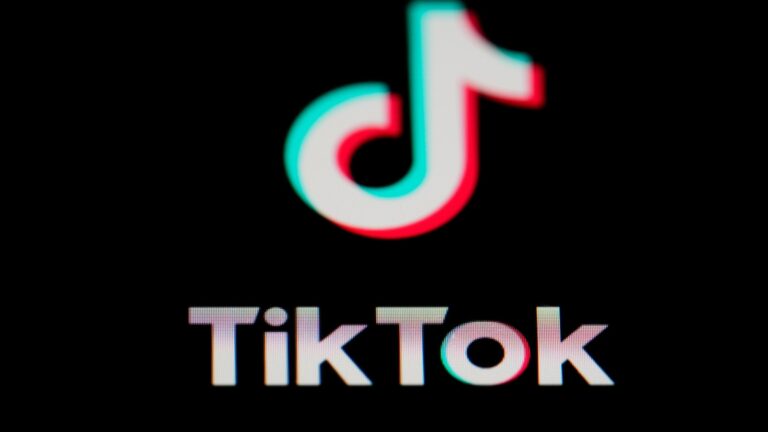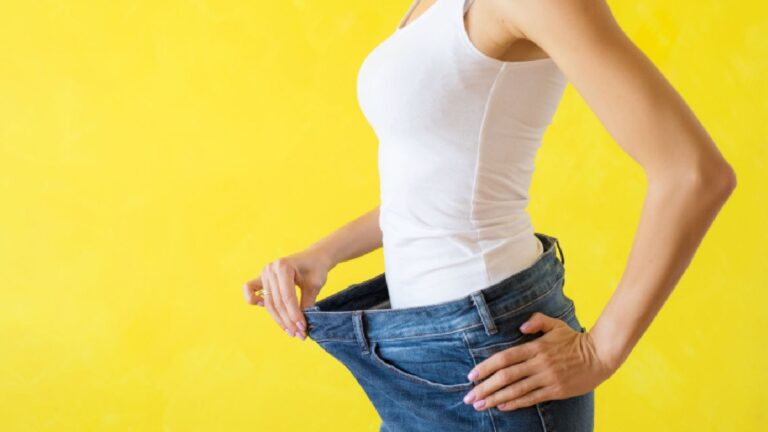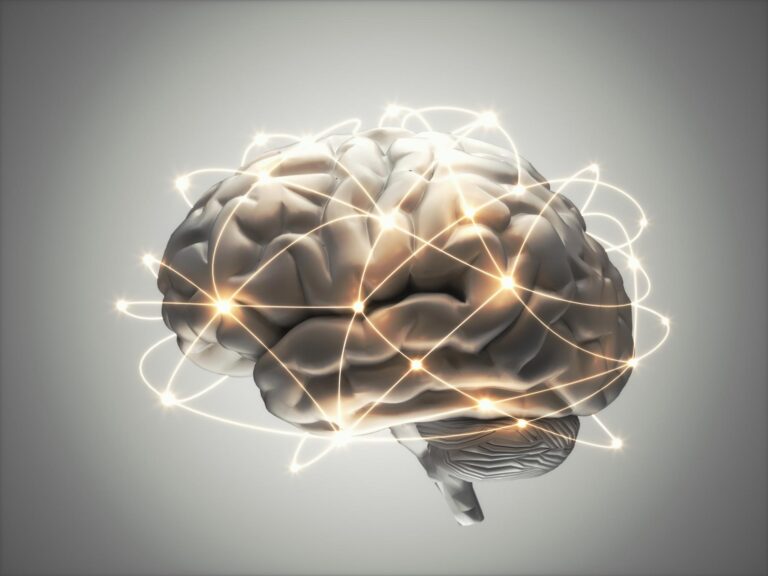Detox Risks: What You Need to Know Before Starting
Understanding Detox: The Hidden Risks You Should Know
Welcome to the world of detox! If you’ve ever thought about cleansing your body, you’re certainly not alone. The detox trend has exploded over the past decade, with promises of weight loss, increased energy, and clearer skin. But before diving headfirst into these purifying programs, it’s essential to understand the potential dangers. So grab a cup of herbal tea (or whatever detox elixir you prefer), sit back, and let’s explore the less glamorous side of detoxing.
The Detox Dilemma: What’s All the Fuss About?
At its core, detoxing refers to the process of eliminating toxins from the body. The idea is that by following specific diets or routines, you can cleanse your system and promote better health. Sounds enticing, right? But here’s the kicker: The human body is exceptionally equipped to detoxify itself. Our liver, kidneys, and even our skin are all hardworking organs designed to remove waste. So, why are we obsessing over detox diets?
Many people are drawn to detoxification because they’re looking for quick fixes in a fast-paced world. We live in a culture that glorifies instant results and quick solutions, but that mindset can lead to more harm than good. Let’s break down some of the potential risks associated with detox diets.
The Risks of Detoxing
1. Nutritional Deficiencies
Most detox diets are extremely restrictive, often cutting out entire food groups. This can lead to significant nutritional deficiencies. Imagine trying to run a car on empty—eventually, it’s going to break down. Your body works the same way; it needs a variety of nutrients to operate at its best.
- Common deficiencies from detox diets may include:
- Protein
- Healthy fats
- Vitamins and minerals
Lack of nutrients can result in fatigue, weakened immunity, and even more severe health issues.
2. Unpleasant Side Effects
When you start a detox plan, your body may rebel. As it adjusts to the sudden changes, you might experience headaches, fatigue, irritability, and digestive issues. Think of it like a grumpy toddler throwing a fit when faced with a major change. Your body is used to a certain routine, and when you shake things up drastically, there are bound to be some complaints.
3. Dehydration and Electrolyte Imbalance
Many detox programs advocate for massive amounts of juice or water consumption. While staying hydrated is crucial, overdoing it without replenishing essential electrolytes can lead to dehydration. Dizziness, muscle cramps, and heart palpitations are some red flags that your body is crying out for balance.
4. Yo-Yo Dieting
Detoxing can foster an unhealthy relationship with food. Once you’ve completed your cleanse, it can be tempting to return to unhealthy eating habits, leading to a cycle of yo-yo dieting. This isn’t just frustrating; it can also wreak havoc on your metabolism and self-esteem.
But it doesn’t have to be all doom and gloom! There are healthier, more sustainable ways to help your body feel its best without the harsh restrictions of traditional detox programs.
Healthier Alternatives to Detoxing
1. Focus on a Balanced Diet
Instead of jumping into a detox, consider gradually incorporating nutrient-dense foods into your diet. Think colorful vegetables, whole grains, lean proteins, and healthy fats. A balanced diet will naturally detoxify your body without the need for extreme measures.
- Top food choices include:
- Leafy greens (think spinach and kale)
- Fruits (berries, citrus fruits)
- Healthy fats (avocado, nuts)
- Lean proteins (chicken, fish, legumes)
2. Stay Hydrated Naturally
Water is your best friend, but you don’t have to overdo it. Aim for about eight glasses of plain water a day. You can also keep hydration interesting by including herbal teas or infused waters!
3. Regular Physical Activity
Exercise does wonders for your body—it increases blood flow, promotes a healthier metabolism, and supports your body’s natural detox mechanisms. Whether it’s a brisk walk, dance class, or yoga session, find something fun that gets your body moving.
4. Sleep and Stress Management
Never underestimate the power of a good night’s sleep. Sleep helps the body to restore and regenerate, which is crucial for detoxification. Moreover, managing stress through practices like mindfulness, meditation, or deep breathing can reduce cortisol levels, ultimately promoting better health.
5. Embrace Mindful Eating
Instead of fast-tracking your way through meals, practice mindful eating. Pay attention to your hunger cues, enjoy your food, and appreciate the flavors and textures. This simple practice can enhance digestion and promote satiety, helping you make healthier choices.
When to Seek Professional Help
While many detox diets can be harmless, several may pose risks, especially for individuals with pre-existing health conditions or those who are pregnant. If you’re considering a detox or have been struggling with your health, it’s wise to consult a healthcare professional. They can offer tailored guidance that fits your lifestyle and needs.
Conclusion
Detoxing may sound appealing in theory, promising a revitalized you, but it often comes with hidden risks that can take a toll on your health. Instead of focusing on extreme diets, consider adopting lifestyle changes that promote sustainable well-being. Remember, your body is perfectly capable of detoxifying itself—support it with balanced nutrition, hydration, and self-care.
So, the next time someone offers you a green juice cleanse, pause and reflect. Is that really the magic solution? Or perhaps a balanced diet and some good, old-fashioned self-love is the way to go?
FAQs
-
Are detox diets safe?
- While some individuals may tolerate detox diets without complications, they often pose risks, particularly due to restrictive eating and potential nutritional deficiencies.
-
How do I naturally detox my body?
- Focus on maintaining a balanced diet rich in fruits, vegetables, lean proteins, and whole grains, along with regular exercise, hydration, and adequate sleep.
3. Can I drink alcohol while detoxing?
- It’s generally recommended to avoid alcohol during detox diets as it can undermine your cleansing goals and add unnecessary toxins to your system.
4. What are the signs my body is detoxifying?
-
- Common indicators may include fatigue, mild headaches, digestive changes, and even skin outbreaks. However, these signals can also be symptoms of of inadequate nutrition.
- 5. Is it possible to detox without following a strict diet?
- Absolutely! Prioritize a balanced diet, hydration, exercise, and mindfulness. These holistic approaches can effectively support your body’s natural detoxification processes without the rigid rules of a detox diet.
- 6. Are detox diets effective for weight loss?
- While some might experience short-term weight loss, most of it is often water weight rather than fat loss. Sustainable weight management relies on long-term lifestyle changes.
- 7: Can I detox while pregnant or breastfeeding?
- It’s best to avoid detox diets during pregnancy or breastfeeding as they may deprive you of essential nutrients. Always consult your doctor for personalized advice.
- 8: How often should I do a detox?
- Instead of frequent detoxes, focus on maintaining a healthy diet and lifestyle. If you feel the need to “reset,” consider gentle methods like incorporating more vegetables and reducing processed foods.
- 9. What are some signs that I might need to detox?
- If you’re experiencing fatigue, digestive issues, or persistent skin problems, it might be time to evaluate your diet and lifestyle rather than jump into a detox.
- 10: Can I detox with supplements?
- While some supplements can support detox indirectly (e.g., probiotics), it’s essential to approach supplementation cautiously. Always discuss any supplements with a healthcare professional before use.







